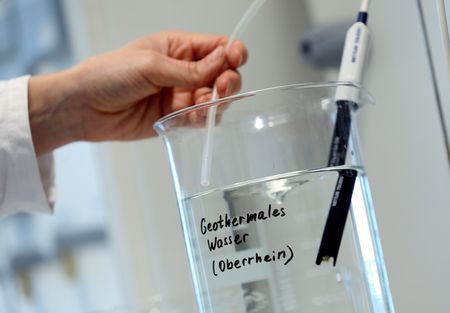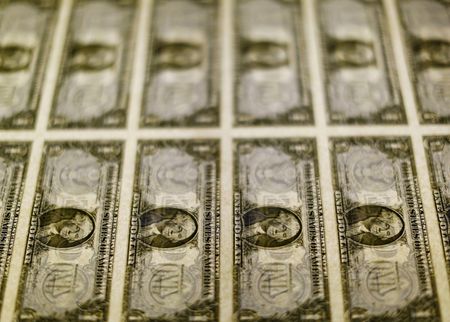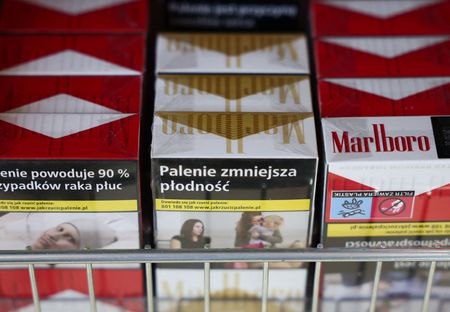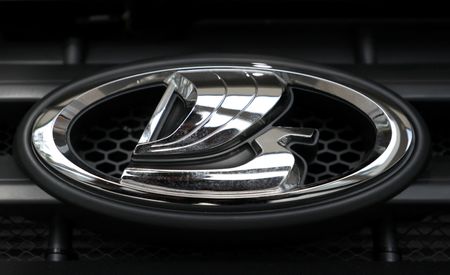BERLIN (Reuters) -Start-up Vulcan has received 104 million euros ($122 million) in German government grants to produce clean lithium, it said on Tuesday, as Berlin aims to boost electric vehicle output and reduce reliance on raw material imports.
The grants, issued by the federal government and states of Rhineland-Palatinate and Hesse, will go towards a project “designed to assist with building Germany’s and Europe’s critical raw materials supply chain resilience”, said Vulcan.
Germany’s lithium demand could reach 170,000 metric tons annually by 2030, according to the German Raw Materials Agency. To meet its battery production needs, the country’s auto industry currently depends on imports from Australia, Argentina, Chile, and China.
But Germany could have enough lithium reserves to cover its domestic needs for several decades, a study by the Federal Institute for Geosciences and Natural Resources and the Fraunhofer IEG showed in March.
Vulcan said last year its first large-scale industrial plant, with an expected annual output of 24,000 tonnes of lithium hydroxide, enough for 500,000 electric vehicles, would be commissioned by the end of 2026.
Vulcan is investing 690 million euros in the project. It will build a facility in Landau, Rhineland-Palatinate, extracting lithium chloride which will be converted into lithium hydroxide, a key component for lithium batteries production, in a facility near Frankfurt.
The funding will be disbursed from October 1 over 36 months, the company said. Around 30% of state support will be co-financed by the federal states of Rhineland-Palatinate and Hesse, respectively, the economy ministry said.
“In times of increasing geopolitical challenges, it is necessary to intensify efforts … to open up alternative sources of raw materials for our domestic economy,” Economy Ministry State Secretary Stefan Rouenhoff said in a statement.
($1 = 0.8548 euros)
(Reporting by Riham Alkousaa and Friederike Heine; Editing by Madeline Chambers and Jan Harvey)










